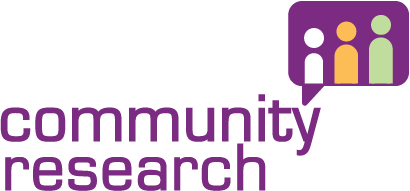Online qualitative research - Why it might work for you.
Online qualitative research can have a number of advantages over traditional face to face approaches. We are using this approach more and more often and here are our main observations:
Reaches out to a wider audience
Online qualitative research is able to bring together geographically dispersed participants. This can be of particular importance when seeking the views of a niche audience such as those living with a particular health condition or those who have complained about a particular product or service – online qualitative research means that it doesn’t matter if participants are based in Aberdeen or Abingdon, they can all be convened to discuss things together.
Allows for an anonymous environment
An anonymous environment can be created online that leads to openness and honesty when discussing sensitive topics ranging from money, health and political views through to work place pressures and breaches of professional ethics. Participants can create their own username and whilst moderators can verify their identity at the recruitment stage they can remain entirely anonymous to fellow participants.
Provides participants with flexibility and convenience
Online qualitative research allows participants to take advantage of the convenience of finding time in their day to sit, read the questions that have been posted and think about their answers. This may be on their way to work in the morning or sat on the sofa last thing at night. It will not always allow for real time interactions with the moderator or between participants, but it does offer much needed flexibility to time pressured individuals, as our recently study of doctors working under pressure highlighted. Using an online qualitative approach we got busy doctors to ‘discuss’ issues with one another at the times that suited them.
Unbiased responses
One of the benefits of online qualitative research over traditional face to face group discussions is that participants do not have to be immediately exposed to the views of others. Online qualitative platforms allow the moderator to select an option whereby the participant will only see how others have responded to a given question once they have answered the question for themselves. This circumvents the possibility of ‘group thinking’ or the vociferous views of one respondent intimidating others from saying what they really feel.
The cost advantage
Finally, there can be some cost advantages to commissioning online qualitative research: no venue hire; no travel and accommodation expenses for the moderator; no transcription costs. However, since online qualitative can often be targeted at quite niche or time poor audiences it doesn’t always mean that it is a cheap option!

